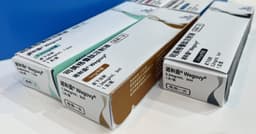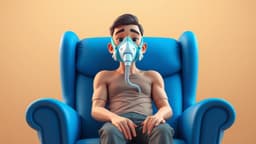Home / Health / Drinking Hot Tea Linked to Higher Cancer Risk, Experts Caution
Drinking Hot Tea Linked to Higher Cancer Risk, Experts Caution
16 Nov
Summary
- Drinking tea above 65°C increases esophageal cancer risk
- Caffeine in tea can disrupt sleep and body's repair processes
- Boba teas contain hidden calories from sugar and tapioca

According to a recent report, health experts are urging tea drinkers to be cautious about the temperature of their beverages. They warn that regularly consuming tea hotter than 65°C can significantly increase the risk of esophageal cancer.
A 2020 Chinese study found a strong link between drinking very hot tea (above 65°C) and a specific type of esophageal cancer called esophageal squamous cell carcinoma. Experts advise tea drinkers to wait for their tea to cool down before sipping.
In addition to temperature concerns, the report also highlights issues with caffeine and sugar content in certain tea varieties. Experts caution against drinking caffeinated teas like chai and green tea late at night, as the caffeine can disrupt sleep and prevent the body from properly repairing itself.
The report also warns about the hidden calories and potential health risks of boba or bubble teas. The combination of sugar and starchy tapioca pearls in these drinks can lead to insulin resistance and non-alcoholic fatty liver disease if consumed excessively. To maintain overall health, the experts recommend limiting boba tea intake and adopting a balanced, healthy lifestyle.




